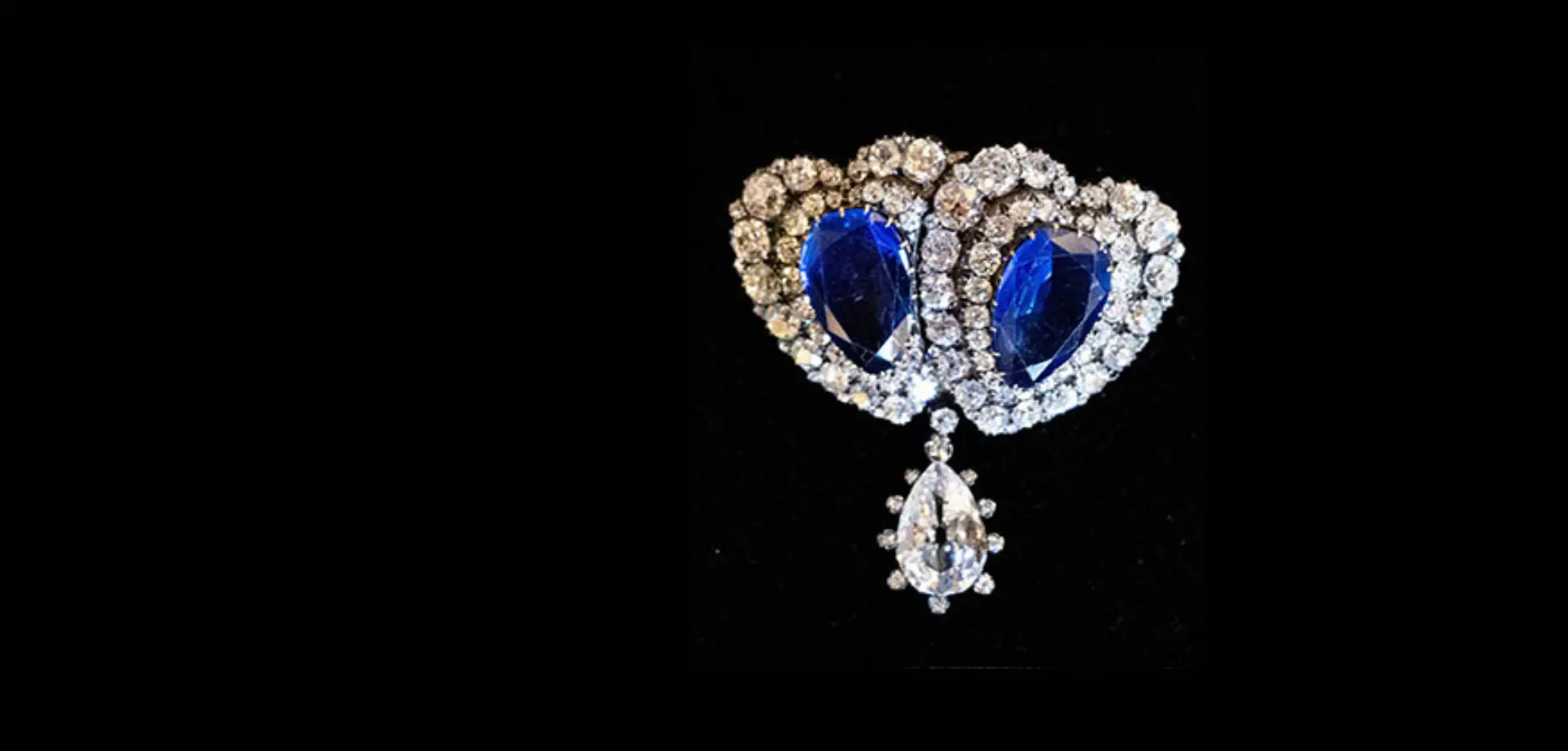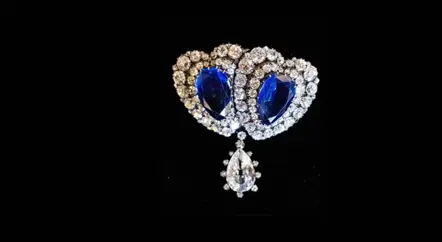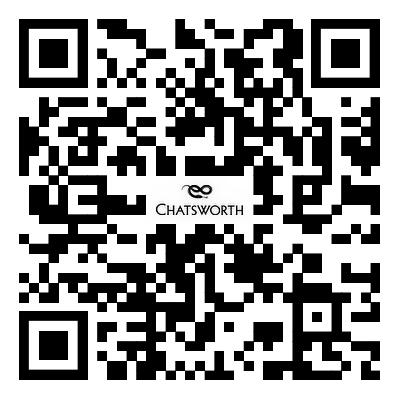Thanks to support from the American Institute of Physics and the Duke of Devonshire’s Charitable Trust, Chatsworth's Archive and Library team has started cataloguing the papers of Henry Cavendish (1731-1810).
Project archivist, Erinna Cave, will share her discoveries over the coming year in a series of blogs. Here, she introduces us to Henry and the task ahead.
Henry was the grandson of the 2nd Duke of Devonshire. His father Lord Charles, the brother of the 3rd Duke, was a known scientist in his own right and a Fellow of the Royal Society. Henry followed in his father’s footsteps, making investigations in many scientific areas including gases, electricity, magnetism, heat, geology, astronomy and optics.
During his lifetime, Henry was well-known for his work on gases (he discovered hydrogen), ascertaining that water was a compound of gases, and for determining the mass of the Earth. After his death, his papers revealed the extent of his genius, leading to a comparison with Newton.
Despite being examined by other scientists after his death and used in some biographies, Henry’s papers are largely uncatalogued. This means, they are not fully listed in our archival catalogues and are therefore inaccessible to researchers, and difficult to interrogate.
For this project, we will go through each page and item, work out what each document is about, and describe it so that future researchers can find the information they want.
In addition to his scientific papers, Chatsworth House Trust preserves his travel journals, his desk and some instruments that he might have used. Henry is mentioned throughout our legal records, along with references to his library and papers in the diaries of the 6th Duke and 7th Duke.
I hunt down all these mentions of Henry, piecing them together to make his life, work and personality accessible. It’s difficult at times to hold back on analysing the documents or drawing my own conclusions, however, that is someone else's job. My role is to gather all the evidence for people to make their own conclusions.
Henry has a reputation of being very exacting in his experiments, repeating them again and again to reduce his margins for error, and obsessively developing his own accurate instruments. He has been characterised as extremely shy, struggling to speak in front of strangers, while being rigidly adherent to his routines.
Henry never married and had limited close acquaintances, despite his correspondence with many leading scientists of the age, including Benjamin Franklin and William Herschel. One biographer states that he ‘uttered fewer words in the course of his life than any man who ever lived to fourscore years’ (Brougham, Lives 1:259) and another harshly remarked ‘there is something pathetic about such an existence as Henry Cavendish’s, so fruitful and yet so utterly barren’ (Bickley, The Cavendish Family, p207).
We can often interpret the lives of historical figures through the filter of our own society and values. Over the year, we'll present our findings on Henry for you to make your own assessment of his life and work.
The Chatsworth House Trust (registered charity 511149) is dedicated to looking after the house, collections, garden, parkland and woodlands for the benefit of everyone.
All income from ticket sales, Gift Aid, our Chatsworth Friends and Patrons programmes, partners, sponsors and funders goes directly to the charity and is reinvested in the upkeep, preservation and improvement of Chatsworth, our learning programme and essential conservation work.
Chatsworth holds an extensive archive that includes the personal papers of the Devonshire family, historically significant acquisitions, and estate and staff records. The charity funds the preservation, restoration and cataloguing of these papers, sharing the findings to advance our understanding of historical figures, events and places, and to make them available to anyone conducting research for academic or personal reasons. Find out more about our archives and library.
Learn more about Chatsworth House Trust, or make a secure online donation to support the work of the charity, using the links below.
About Chatsworth House Trust
Chatsworth House Trust is a registered charity established in 1981 to look after the house, collections, garden, woodlands and park for the benefit of everyone.
Chatsworth Friends
Benefit from unlimited access to the house, garden and farmyard plus complimentary tickets to selected events and discounts at the shops, restaurants, hotels and inns whilst directly supporting the work of the charity.
Donate online
If you are able, support us by making a one-off or regular donation to the Chatsworth House Trust charity online.
Gift Aid
When you use Gift Aid, the government gives an extra 25% on top of your kind donation, in lieu of tax you have already paid. It is a rare opportunity to decide how your tax is spent, and all of this money goes directly to the work of Chatsworth House Trust.
Patrons of Chatsworth
Patrons play a vital role in supporting the long-term stewardship of Chatsworth and enjoy exclusive access to the collections and curatorial team via special events.






